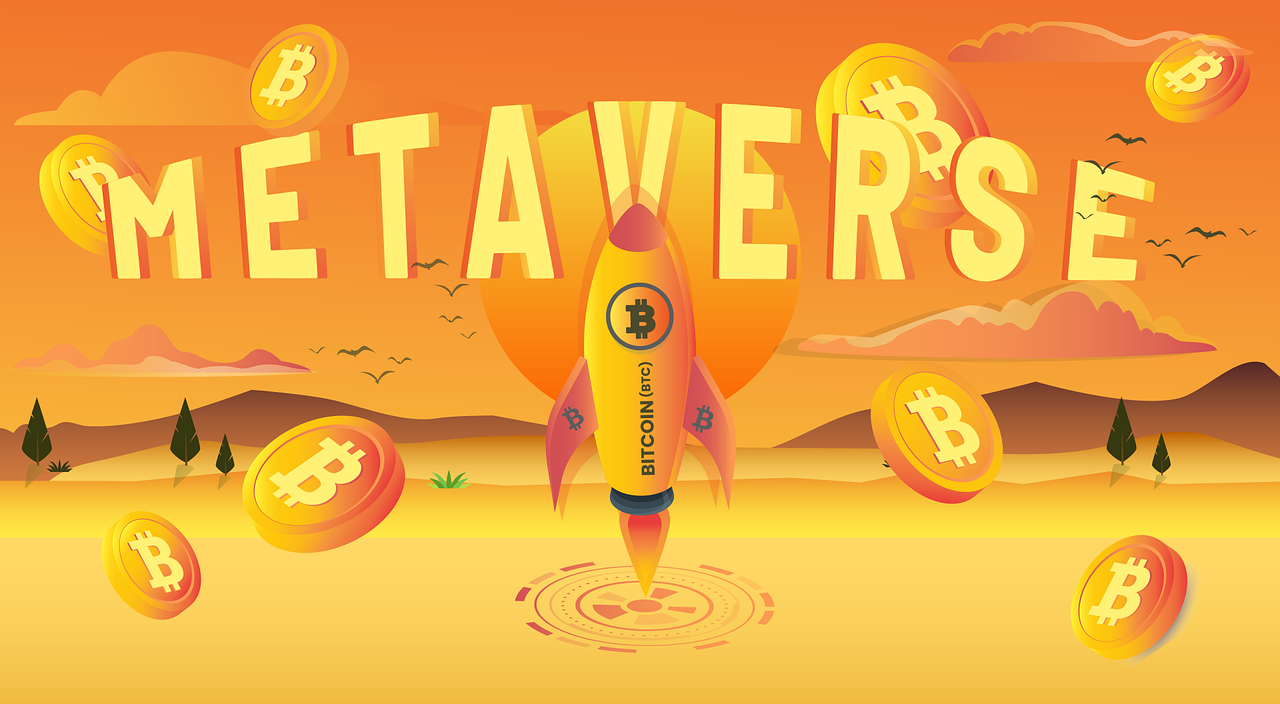1. So, what exactly is an NFT?
An NFT, or non-fungible token, is essentially just a record proving someone owns something. That data is kept on the Ethereum blockchain, an immutable public ledger that records everyone who has ever possessed the item in question. (Thus, even if someone can copy and paste your ape cartoon, the genuine one—the only real one—is plainly and unmistakably yours.) Of all, NFTs are more than just little artworks; they can also function as contracts, event tickets, or club memberships. In some circumstances, they're astonishingly valuable: It is not uncommon for certain NFTs to exceed six figures. And, yeah, folks spent approximately $20 billion last year purchasing and selling these goods. But we're getting ahead of ourselves here. NFTs are fundamentally that record of ownership—the thing owned is virtually incidental. Cooper, Duncan
2. You got it. But, yet again, why do they matter?
Some supporters of NFTs believe that radical transparency can save art, liberate the internet, and restore democracy. Others believe that NFTs will hasten society's collapse through thievery and greed, as well as melt the polar ice caps due to the huge energy demands required to store all of the data required to keep the blockchain running.
That's a rather wide spectrum of possibilities: total victory or total tragedy. What a terrible thought! What a blast! Predicting what will happen next in a place as quick as NFTs is a useless endeavor, yet it's difficult to conceive that all of this activity is for naught. —D.C.
3. What is the value of an NFT?
Consider an NFT in the same way you would any other collectible: deadstock Jordans, Pokémon cards, taxidermy. Certain items are simply more scarce, which adds value to them. To find out more, we spoke with Kevin Rose, a digital entrepreneur, podcast presenter, and co-founder of Proof Collective, a private group of NFT collectors whose membership tickets have sold for roughly 100 ETH each, and Moonbirds, one of 2022's best-selling PFP collections. —D.C.




0 Comments